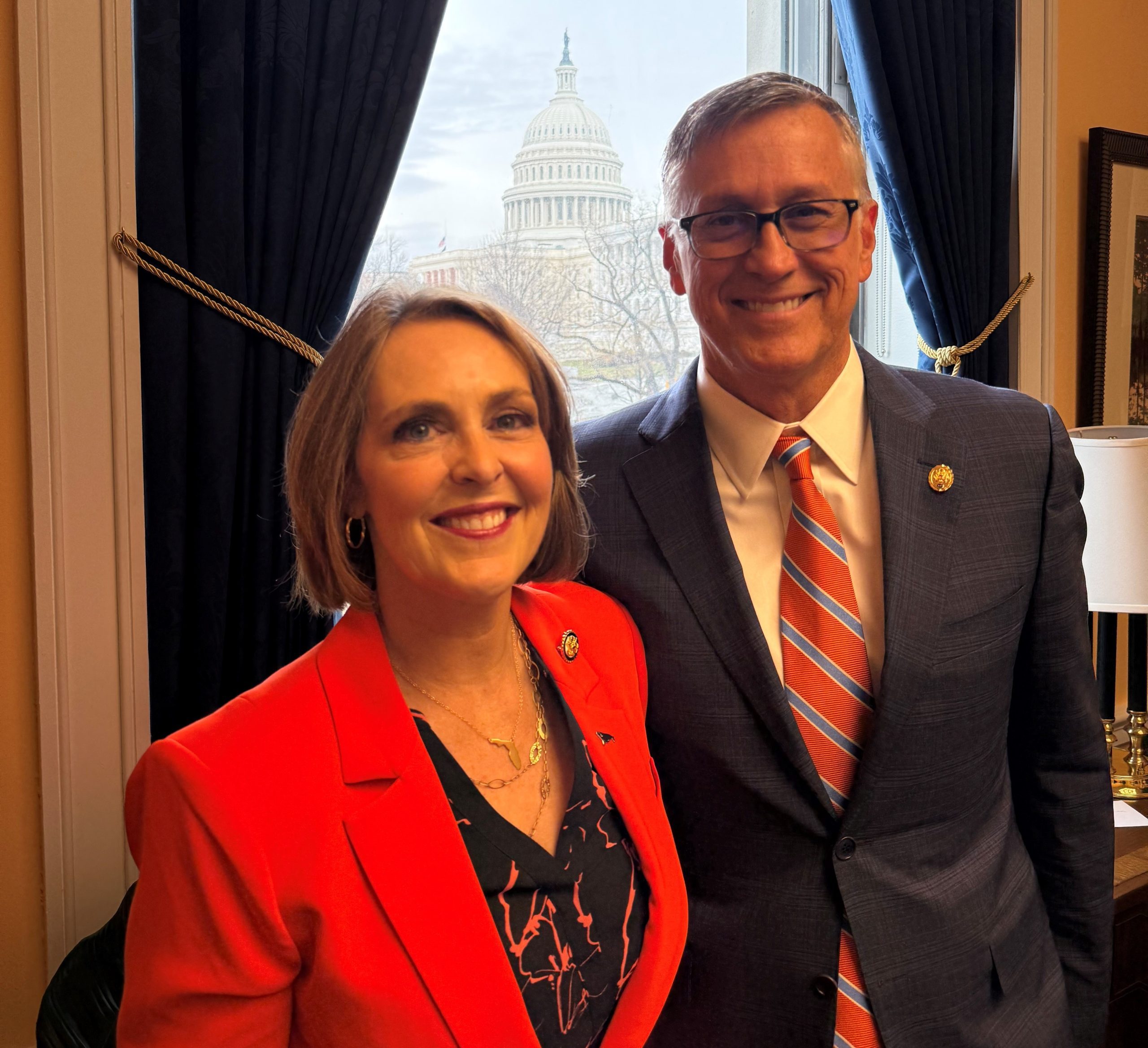In Altered Engineering Reports Must Be Disclosed – Sandy Flood Judge Requires Transparency, I noted Raimey v. Wright National Flood Ins., No. 14-CV-461 (E.D.NY Nov. 7, 2014), where Magistrate Judge Gary R. Brown specifically cited findings that insurance company engineering reports are routinely altered under a process dubbed “peer review.” A summary of those findings show that:
[T]he evidence adduced in this matter demonstrates that…an engineering firm retained by defendant Wright National Flood Insurance Company…to examine a storm-battered house in Long Beach, New York, unfairly thwarted reasoned consideration of plaintiffs’ claim through the issuance of a baseless report. The engineer sent by U.S. Forensic opined in a written report that the home at issue had been damaged beyond repair by Hurricane Sandy. A second engineer, who did little more than review the photographs taken by the inspecting engineer, secretly rewrote the report, reversing its conclusion to indicate that the house had not been damaged by the storm, and attributing – without sufficient evidence – defects in the home to long-term deterioration. This process, euphemistically dubbed a “peer review” by U.S. Forensic, was concealed by design from the homeowners, remained uncovered during the Court-assisted discovery process and came to light through near happenstance. In a misguided attempt to defend these flawed practices, defendant has elicited evidence that this “peer review” process may have affected hundreds of Hurricane Sandy flood insurance claims – and possibly more.
…Troublingly, the “peer review” process extended beyond this one example. In this very case, as noted elsewhere, Hernemar described a peer review of his supplemental report that resulted, again, in a change to his ultimate conclusion concerning foundation damage upon reinspection. Tr. 109; 111-112. Furthermore, Hernemar stated that – in his rough estimation – he completed fifty Hurricane Sandy inspections for U.S. Forensic, and that in four or five instances, extensive changes were wrought as a result of so-called peer review. Tr. 89. This process was limited neither to this one engineer, nor specifically to U.S. Forensic. See Tr. 58 (describing process as “normal”); 110 (process was “standard”); 129 (“peer review process is actually a very standardized process across the field of engineering”); DE [71]-1 at ¶¶ 13-16 (describing hundreds of peer reviews of reports by different engineers).
Unlike any storm in the past decade, Superstorm Sandy flood insurance claims are disputed and litigated. This exposed practice is one reason.
Let’s not kid ourselves, these practices are not limited just to flood insurance claims. With the insurance industry vendors competing for business, providing insurers with reports that reduce claims severity is a significant reason why “peer review” and other similar “standard” processes exist. Wording of these reports that dovetail with exclusionary policy language seems to be an expertise of these so called “peer reviewers.”
The Eastern District of New York has fashioned a very practical manner to expose this by requiring all drafts and revisions to be turned over. Hopefully, this discovery requirement will be commonplace everywhere. It will help stop wrongful denials and underpayments of claims.
What should also happen is that the administrators of the National Flood Program should audit these practices. Any attorney’s fees and costs caused by such practices should be reimbursed to the Federal Treasury since the National Flood Program has been paying for these costs. Indeed, one should question why the Write Your Own (WYO) carriers were not overseeing these engineers properly to ensure that the customers were not being cheated out of benefits. The WYO carriers get paid to oversee the claims investigation, and it should not have taken a lawsuit to figure out that this wrongful practice is “standard.”
New Jersey Senator Robert Menendez and his staff did a wonderful job exposing many problems of the National Flood Program in recent Congressional hearings. I am certain they will follow up with this “peer review” process and call for a remedy.
In Senator Going to Bat for Flood Victims, we noted that New York Senator Kirsten Gillibrand wrote to FEMA Administrator Craig Fugate to help policyholders to get paid. Looks like Fugate has some evidence that customers of the National Flood Program and even his agency are getting ripped off because everybody deserves honest opinions of loss.
A Positive Thought:
“You can make money without doing evil.”
– Google



